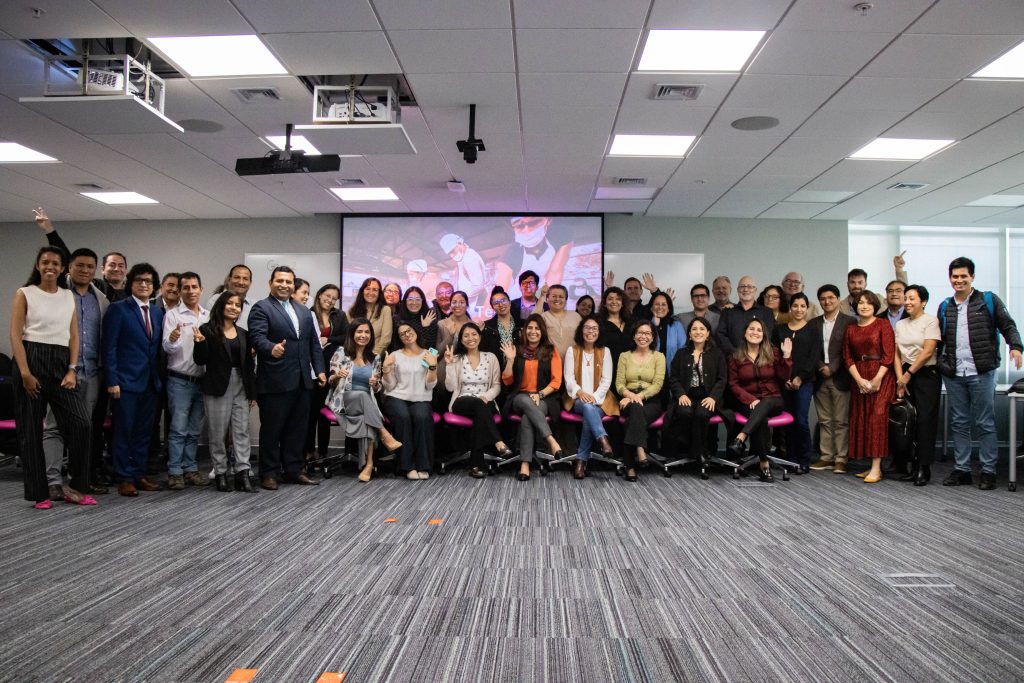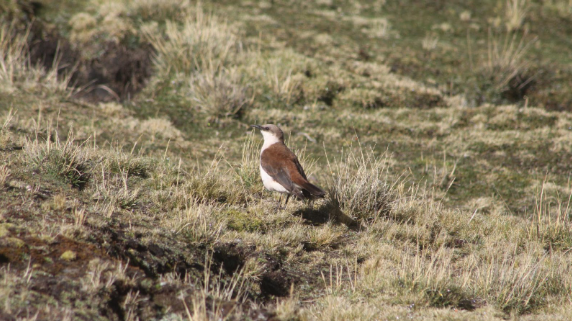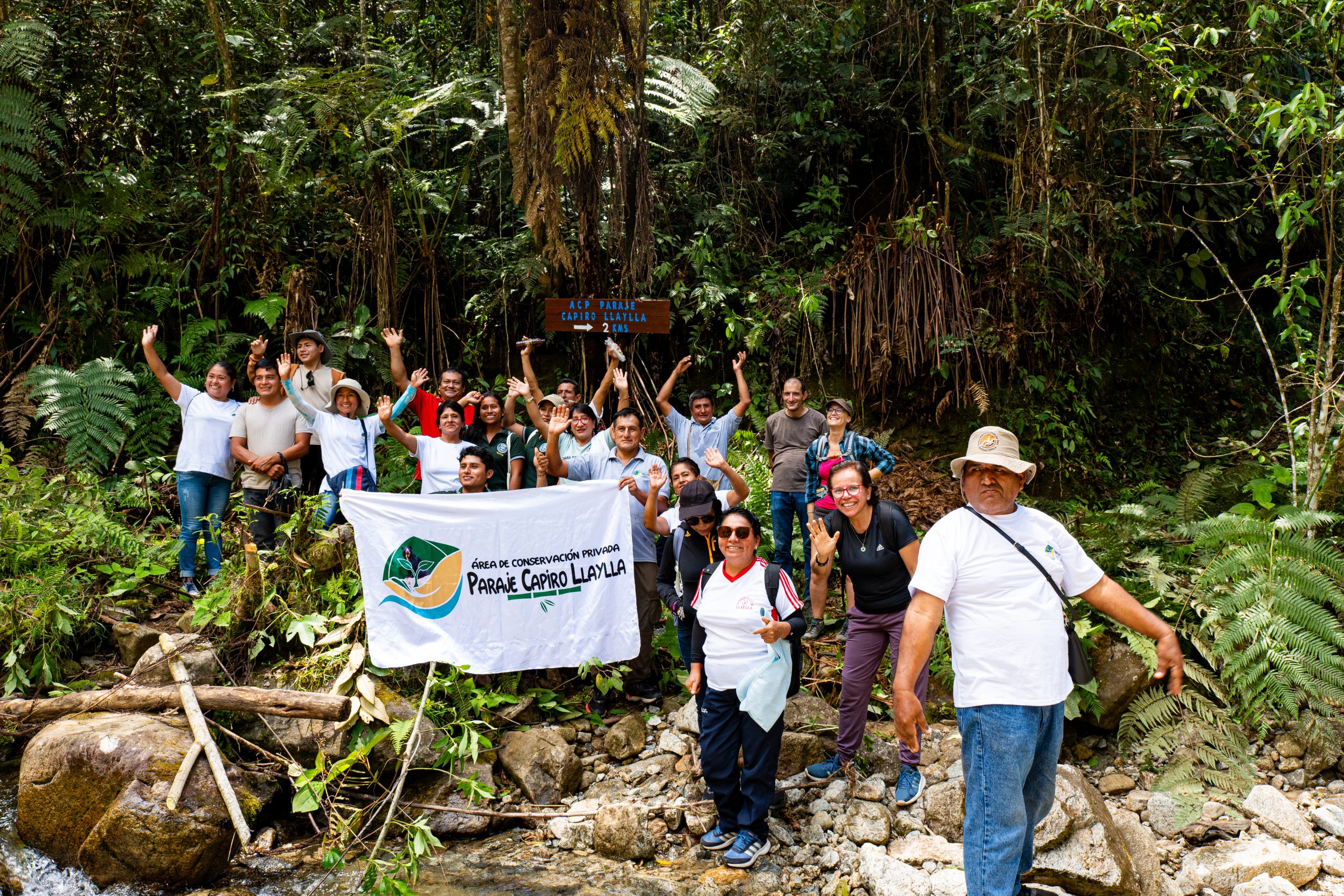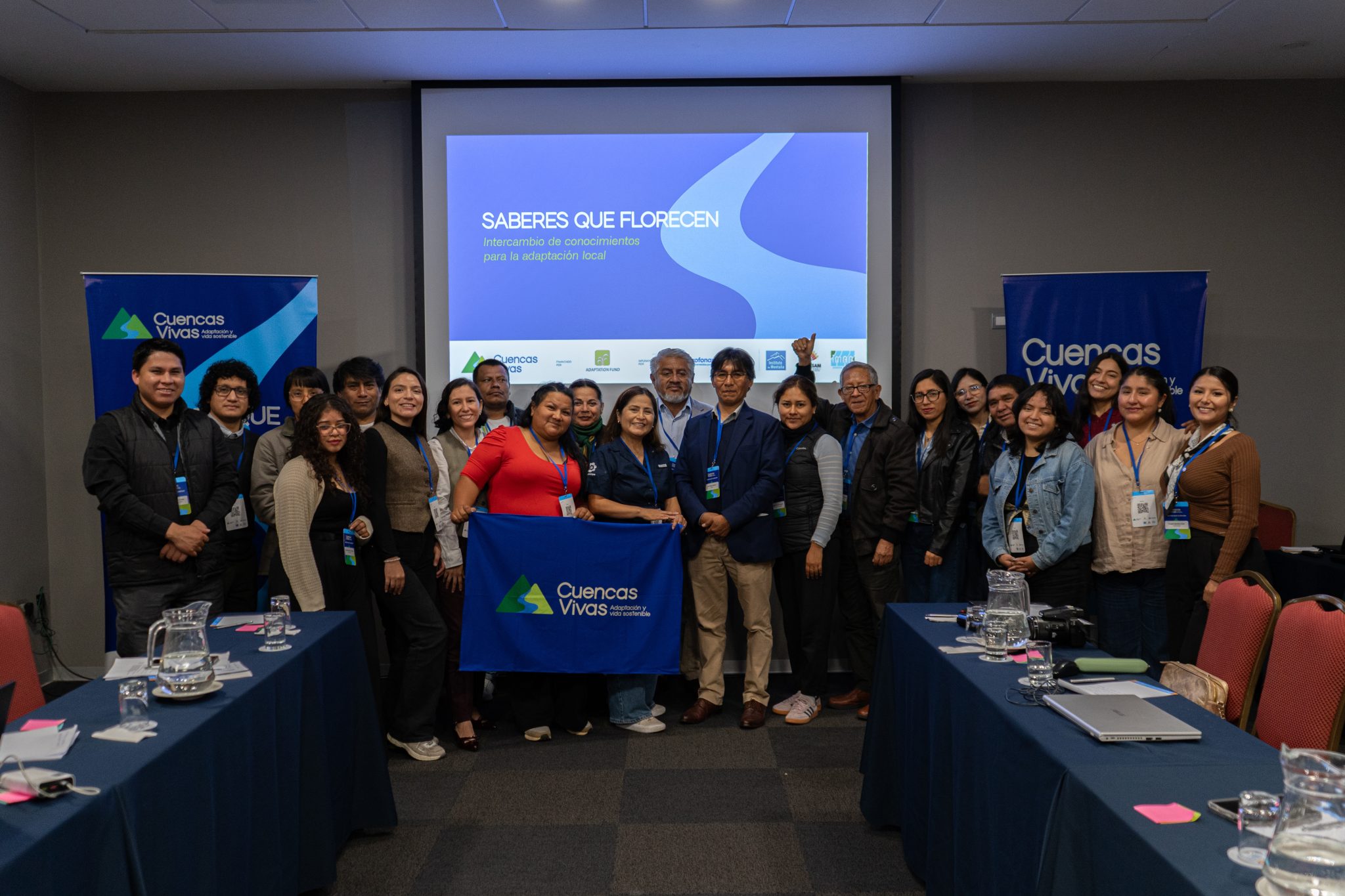The third edition of Roundtables, a meeting in which specialists from the public and private sectors and civil society share their reflections and experience to strengthen the institution’s environmental agenda, was held on Tuesday, November 21. This event addressed the opportunities and challenges in the implementation of bio-businesses for the promotion of sustainable development in the Amazon, with the purpose of promoting synergies between different stakeholders and, thus, discuss the bio-business model of the Datem Wetlands Project and obtain joint lessons learned to project which are the critical issues to be considered and resolved in this type of intervention model in the Amazon.
According to the Ministry of the Environment, there are three terms that are related or interrelated; eco-businesses are businesses that offer goods and services that contribute to the care of the environment, seeking economic, social and environmental sustainability with a fair distribution of benefits. Bio-trade refers to activities involving the collection, production, transformation and marketing of goods and services derived from biodiversity. Finally, bio-businesses are based mainly on the sustainable use of resources.
In this regard, Juana Kuramoto, Head of Profonanpe’s Research and Development Office, provided an introduction to the bio-business models in the region, highlighting that they represent a promising strategy for the sustainable use of resources and the improvement of the living conditions of indigenous peoples’ communities, as long as they are approached in an integrated manner, considering environmental, social and economic aspects.

Patricia Balbuena, Director of Profonanpe’s Datem Wetlands Project, shared the strategies applied for the development of bio-businesses in the Loreto region, highlighting co-creation with indigenous communities, formalization, access to markets and the implementation of sustainable technologies. This initiative seeks to merge traditional knowledge with environmentally friendly technologies to generate high quality and commercially valuable products, transforming natural capital into economic capital without damaging ecosystems. The bio-business model adopted is organized in productive bio-corridors, forming community clusters of enterprises, strategically located in carbon and biodiversity hotspots, composed of anchor bio-businesses and associated productive units.
“This is a project that has a particularity in the topic of bio-businesses, it is a project that works with native communities. The bio-businesses are implemented in community territory, and in the communities there is a structure prior to the bio-business, which is the structure of the community, with the board of directors of the community and the assembly of the community, you cannot start a bio-business if the community and the board of directors in assembly do not agree on what you want,” added.
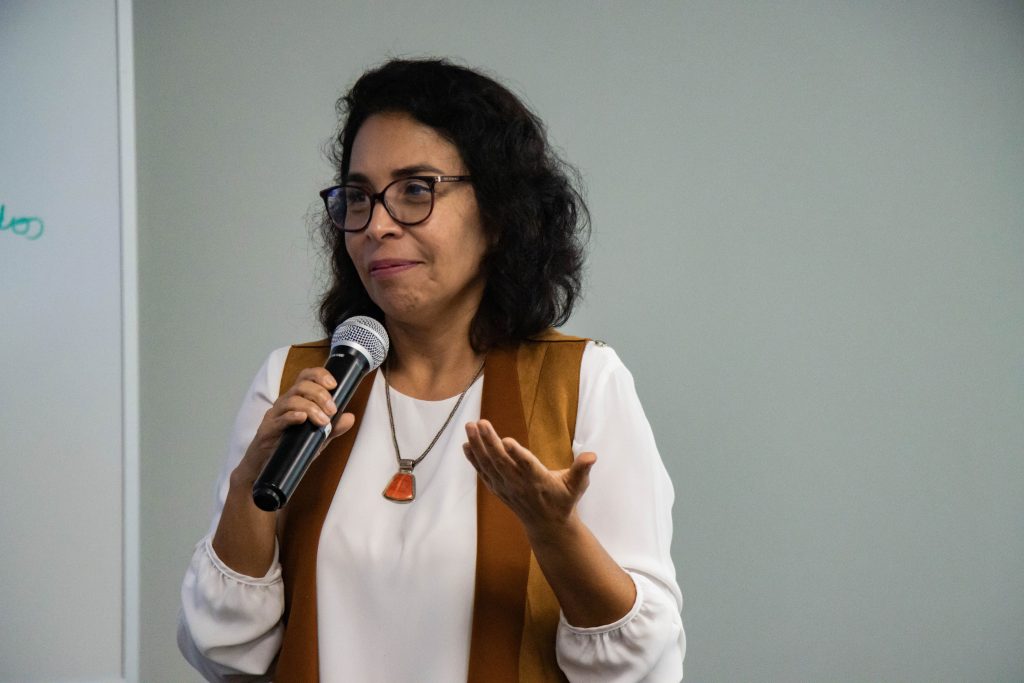
As a result of the project strategy, 61 bio-businesses have been implemented in four productive bio-corridors, benefiting more than 1,000 people from the indigenous communities of Datem del Marañón, which has had a positive impact on the sustainable development of the province by generating income, creating jobs and contributing to the conservation of wetlands.
Experiences and Reflections:
During the session, the roundtables reached several conclusions that highlight the need for bio-businesses in the Amazon and at the national level to be sustainable and have a positive impact on local development. A territorial approach involving local governments, indigenous communities and the private sector is required. This includes establishing enabling conditions at the national level, such as the promotion of conservation, climate change adaptation, and the creation of inclusive markets for bio-business products.
Representatives of the areas that promote or manage bio-businesses from the Ministry of Environment, the British Embassy, USAID, IDB, PCM, GIZ, UNESCO, ITP, Conservation International, Candela Perú, Conservación Amazónica -ACCA, among others, were present at this important event. Finally, the last meeting will be held on December 6 and will deal with carbon markets.


